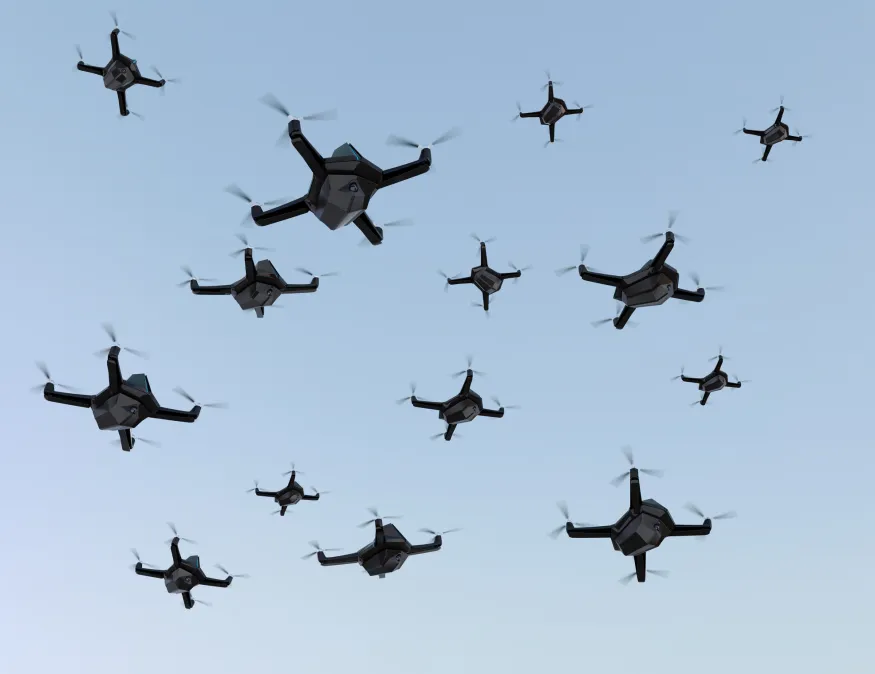The Pentagon’s strategic shift towards countering China military advantage of mass manpower, ships, aircraft, and missiles through the implementation of the Replicator Initiative.

Pentagon’s High-Stakes Plan to Rival China Military Advantage
According to the article of USNI News, the Pentagon is placing its bets on the innovative Replicator Initiative to level the playing field against China military advantage. Deputy Defense Secretary Kathleen Hicks revealed this ambitious plan during a speech at a National Defense Industrial Association event. The central premise of the initiative is to deploy a multitude of attritable autonomous systems across various domains within a remarkably short timeframe of fewer than two years. This move is aimed at countering China military advantage in manpower, ships, aircraft, and missiles.
Hicks emphasized the initiative’s goal of using all-domain, attritable autonomous systems to overcome challenges posed by China’s anti-access, area-denial systems. The approach seeks to make the People’s Liberation Army’s (PLA) massive forces less effective against the more agile and difficult-to-predict autonomous systems. The Replicator Initiative aims to ensure that the People’s Republic of China’s leadership faces daily uncertainties about the risks of aggression, creating a deterrence effect that spans well beyond the next few years.
While specific details about the types of autonomous systems to be developed and the costs involved were not provided, Hicks highlighted the importance of mass replication to counter China military advantage. The initiative aims not only to produce a high number of autonomous systems but also to replicate the strategies and methodologies required for achieving this goal.
READ ALSO: US Accused China and Russia of Blocking Unified UN Response to North Korea’s Missile Launches
Pentagon Unveils Replicator Initiative as Defense from China Military Advantage
As indicated in the article of Breaking Defense, while concrete specifics of the Replicator Initiative were kept under wraps, Hicks affirmed that further details would be unveiled in the coming weeks. The initiative signals a cultural shift alongside a technological one, emphasizing the importance of replicating successful strategies. Hicks will personally oversee the initiative, working closely with the vice chairman of the Joint Chiefs of Staff and the Defense Innovation Unit.
Analysts have noted that this initiative could pave the way to counter China military advantage for new entrants to the defense industry, potentially shaking up the landscape. By focusing on “all domain” capabilities, each branch of the military could benefit from the innovations stemming from the Replicator Initiative.